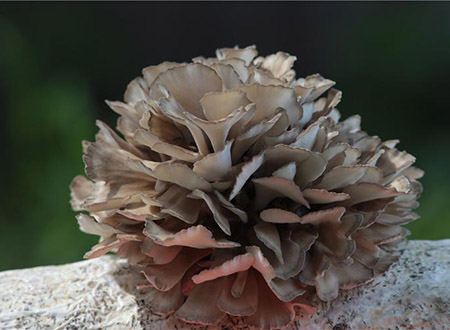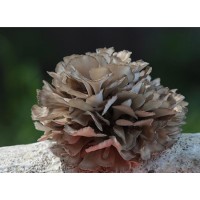Can polysaccharide, the active ingredient of maitake mushroom extract, lower blood sugar?
Several studies have suggested that polysaccharides derived from maitake mushroom extract may have hypoglycemic effects, meaning they could lower blood sugar levels.
Polysaccharide, the active ingredient found in maitake mushroom extract, has been the subject of numerous studies to determine its potential effects on lowering blood sugar levels. Maitake mushroom, also known as Grifola frondosa, has a long history of traditional use in Asian cultures for its purported health benefits, including its potential to regulate blood sugar levels.
Several studies have suggested that polysaccharides derived from maitake mushroom extract may have hypoglycemic effects, meaning they could potentially lower blood sugar levels. One study published in the Journal of Pharmacy and Pharmacology found that polysaccharides extracted from maitake mushrooms demonstrated significant hypoglycemic activity in animal models. The researchers observed a decrease in blood glucose levels following the administration of maitake mushroom polysaccharides, suggesting a potential role in managing diabetes.
Another study published in the International Journal of Medicinal Mushrooms investigated the effects of maitake mushroom extract polysaccharide on diabetic rats. The results indicated that the polysaccharide-rich fraction of maitake extract contributed to improved glucose tolerance and insulin sensitivity in diabetic rats. These findings support the potential of maitake mushroom polysaccharides in managing blood sugar levels and related metabolic abnormalities.

The potential mechanisms underlying the hypoglycemic effects of maitake mushroom polysaccharides have also been explored. It is believed that these polysaccharides may exert their effects by enhancing insulin sensitivity, promoting glucose uptake by cells, and modulating glucose metabolism. Additionally, maitake mushroom polysaccharides may have antioxidant and anti-inflammatory properties, which could contribute to their potential benefits for managing blood sugar levels.
While the findings from these studies are promising, it is important to note that research on the effects of maitake mushroom polysaccharides on blood sugar regulation is still in its early stages. Further clinical trials involving human subjects are needed to validate these findings and determine the safety and efficacy of maitake mushroom extract as a potential therapeutic option for individuals with diabetes or impaired glucose metabolism.
It is also important to emphasize that while natural products such as maitake mushroom extract may offer potential health benefits, they should not be viewed as a substitute for standard medical care. Individuals with diabetes or other metabolic conditions should consult with healthcare professionals to discuss appropriate management strategies, which may include lifestyle modifications, medication, and regular monitoring of blood sugar levels.
In conclusion, polysaccharide, the active ingredient of maitake mushroom extract, shows promise in potentially lowering blood sugar levels based on preliminary research findings. However, further investigation is warranted to understand its mechanisms of action fully and to establish its clinical relevance. As with any health-related concerns, individuals should seek guidance from qualified healthcare providers for personalized management and treatment recommendations.














